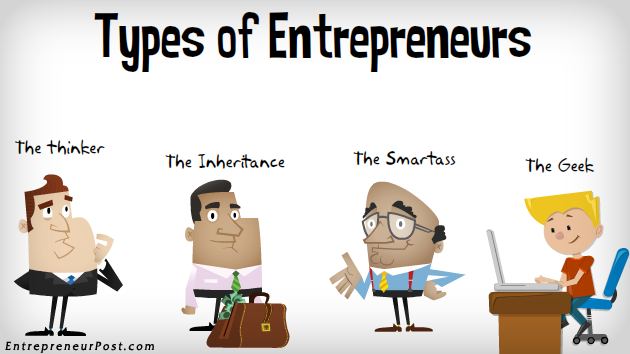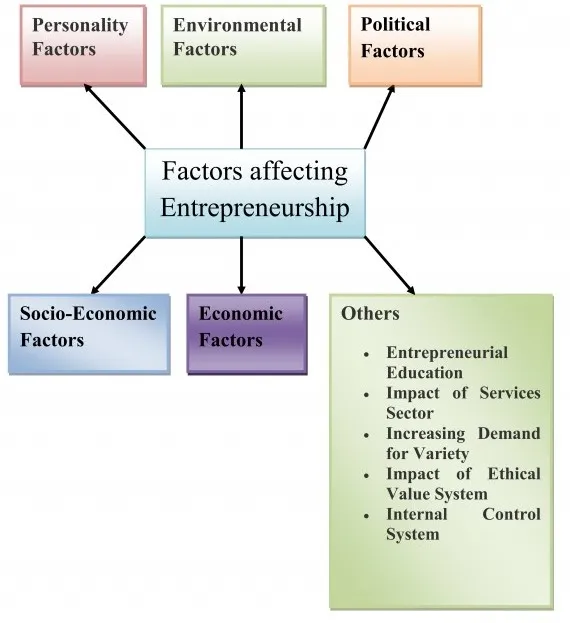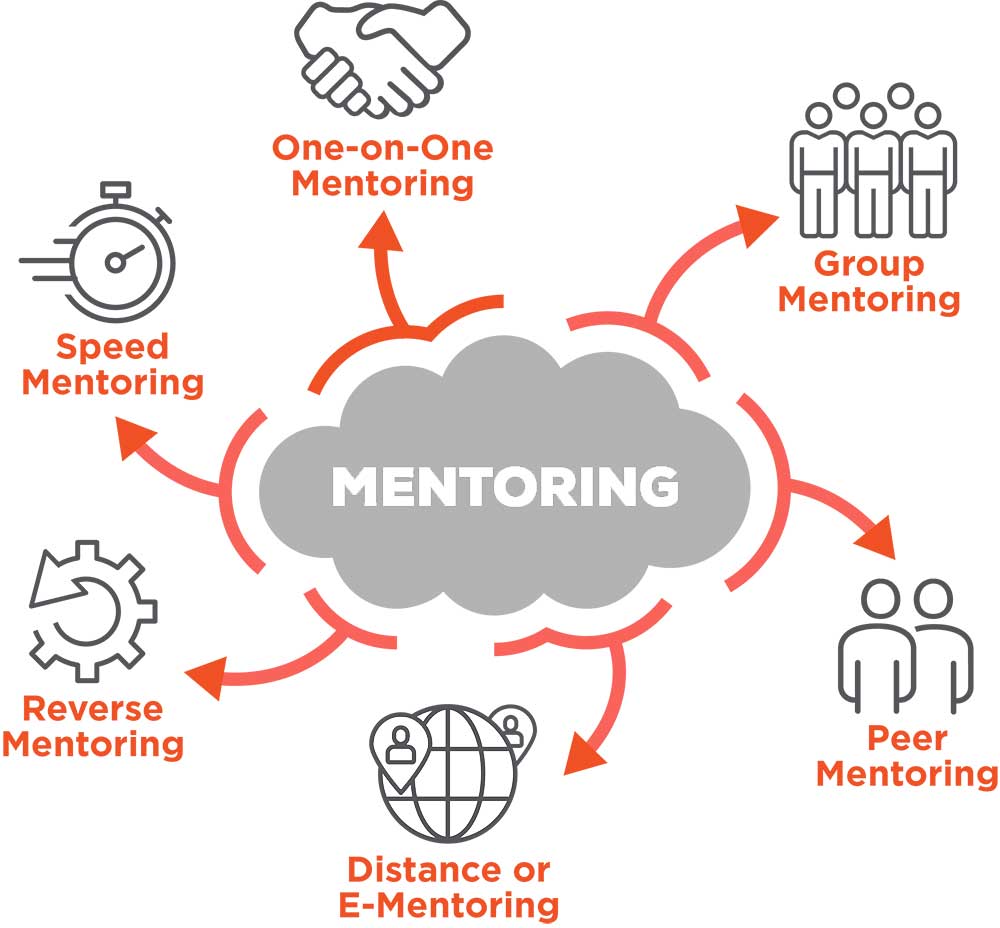Entrepreneurship, often regarded as the epitome of innovation and leadership, prompts the debate: Are entrepreneurs born or made? This discussion spans across various dimensions, encompassing inherent traits, environmental influences, and learned experiences.
Table of contents
Understanding Entrepreneurship
At its core, entrepreneurship revolves around identifying opportunities and turning them into viable ventures. It involves risk-taking, creativity, and the ability to adapt to evolving landscapes.
Characteristics of an Entrepreneur

Entrepreneurs typically exhibit traits like resilience, initiative, passion, and a penchant for problem-solving.
Nature vs. Nurture Debate

Some argue that certain traits—like risk appetite, vision, and leadership—are ingrained, making entrepreneurs a product of inherent characteristics. Conversely, proponents of the ‘made’ theory emphasize the role of learning, experience, and exposure in shaping entrepreneurial abilities.
Factors Influencing Entrepreneurial Traits

External factors, such as upbringing, culture, and socioeconomic background, significantly impact one’s inclination towards entrepreneurship. Education, mentorship, and personal development play pivotal roles in honing entrepreneurial skills and nurturing an entrepreneurial spirit.
| Factors | Influence on Entrepreneurial Traits |
| Upbringing | Shapes mindset, risk tolerance, and attitude towards innovation and problem-solving |
| Culture | Defines societal norms, values, and perceptions towards entrepreneurship |
| Socioeconomic background | Affects access to resources, networks, and opportunities for entrepreneurial pursuits |
| Education | Enhances knowledge, critical thinking, and skill development relevant to business |
| Mentorship | Provides guidance, support, and real-world insights to navigate entrepreneurial challenges |
| Personal Development | Fosters traits like resilience, adaptability, creativity, and leadership skills |
Importance of Mindset in Entrepreneurship
Adopting a growth mindset—embracing challenges and leveraging failures as learning opportunities—becomes foundational for entrepreneurial success. Entrepreneurs must navigate uncertainties with resilience, adapting swiftly to market dynamics and evolving consumer needs.
Resilience in the Face of Challenges:
- Entrepreneurs with a growth mindset view challenges as opportunities to learn and grow rather than setbacks.
- They are more likely to persist through difficulties, finding innovative solutions to problems.
Embracing Failure as a Learning Experience:
- Instead of fearing failure, a growth mindset allows entrepreneurs to see it as a stepping stone toward success.
- Learning from failures helps refine strategies, products, and approaches, leading to eventual success.
Adaptability to Market Dynamics:
- Entrepreneurs with a growth mindset are flexible and quick to adapt to changing market trends and consumer demands.
- They embrace change and are more willing to pivot their business models when necessary.
Role of Mentorship and Support

Mentorship offers invaluable insights, guidance, and encouragement, catalyzing an entrepreneur’s developmental journey. Building networks and connections facilitates knowledge-sharing, collaborations, and access to resources critical for entrepreneurial endeavors.
- insights and Experience: Seasoned mentors provide valuable insights drawn from their own experiences, helping entrepreneurs navigate challenges and avoid common pitfalls. They offer real-world wisdom that textbooks often lack, accelerating the learning curve.
- Guidance and Direction: Mentors offer guidance by helping entrepreneurs set clear goals, develop strategies, and make informed decisions. Their advice can provide direction when entrepreneurs feel lost or overwhelmed.
- Encouragement and Motivation: Entrepreneurship can be a rollercoaster of highs and lows. Mentors provide unwavering encouragement, keeping spirits high during tough times and motivating entrepreneurs to persevere.
- Networks and Connections: Access to a mentor’s network opens doors to valuable connections, potential collaborators, investors, and advisors. These connections can be instrumental in accessing resources and opportunities.
- Knowledge Sharing and Learning: Mentorship encourages continuous learning through knowledge-sharing sessions, discussions, and feedback loops. Entrepreneurs gain new perspectives and insights, fostering personal and professional growth.
Conclusion
The essence of entrepreneurship transcends the dichotomy of ‘born or made.’ While inherent traits may lay the foundation, the nurturing environment and continuous learning are instrumental in shaping successful entrepreneurs.
Readmore:
What is the Most Common Trait Successful Startups Share?
What is the Difference between Entrepreneurship and Technopreneurship
Understanding Entrepreneurship and Project Management
Unique FAQs
A: Not necessarily. While some inherent traits may offer an advantage, many successful entrepreneurs develop their skills over time through experiences and learning.
A: Yes, entrepreneurship is a skill that can be learned and enhanced through education, mentorship, and practical experiences.
A: Failure serves as a learning curve, enabling entrepreneurs to refine strategies, learn from mistakes, and grow resilient.
A: Mentorship provides guidance, support, and a wealth of knowledge that can significantly impact an entrepreneur’s journey towards success.

